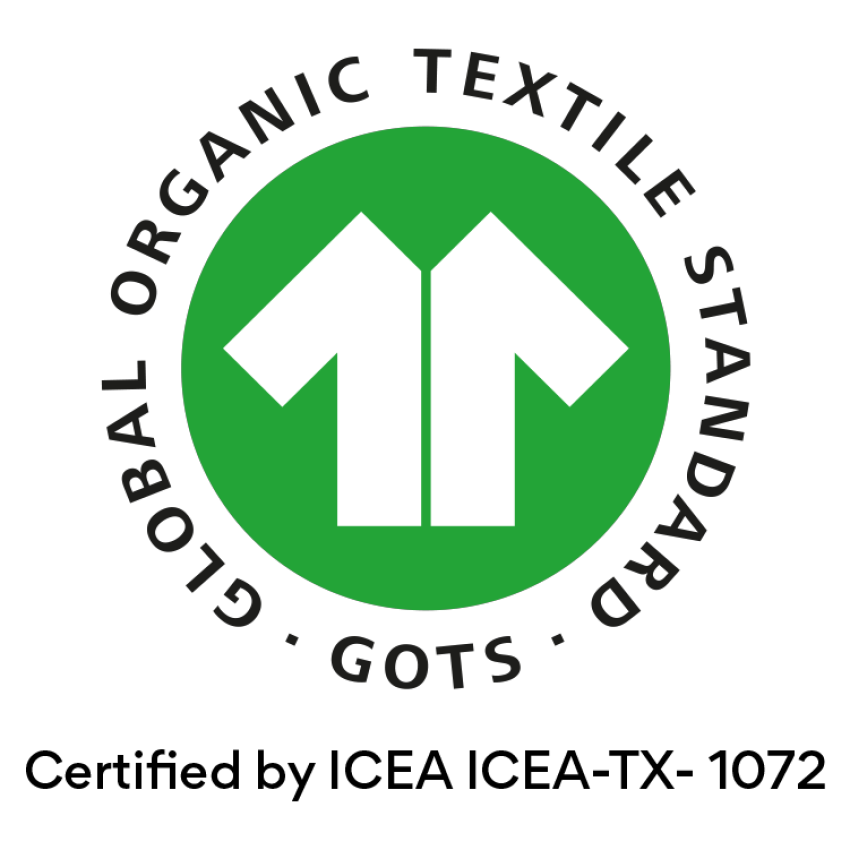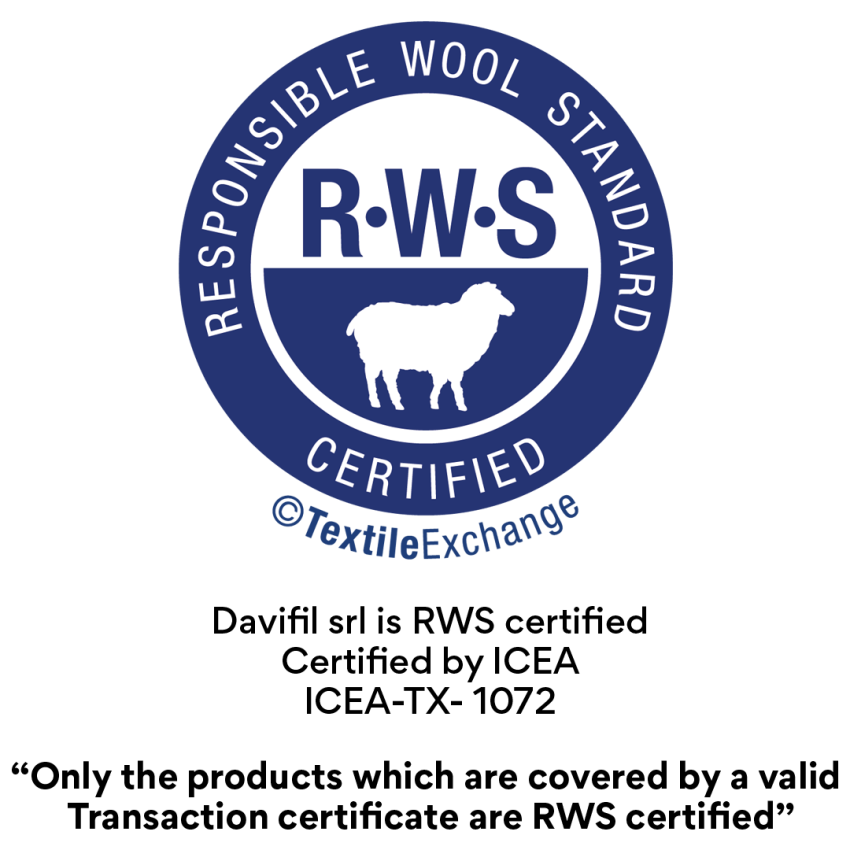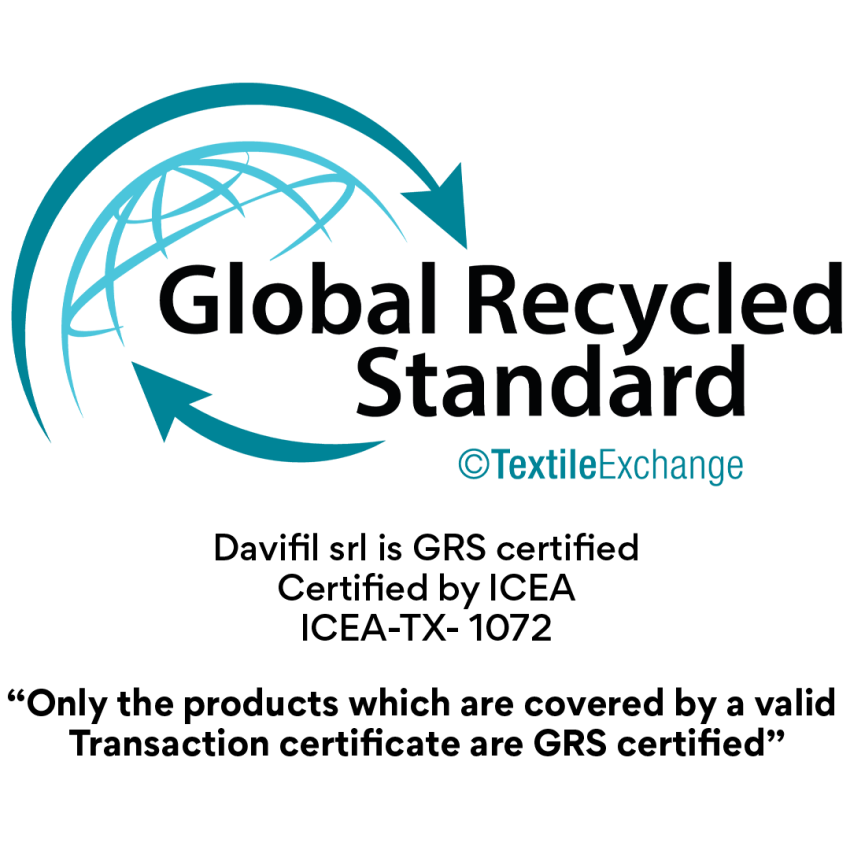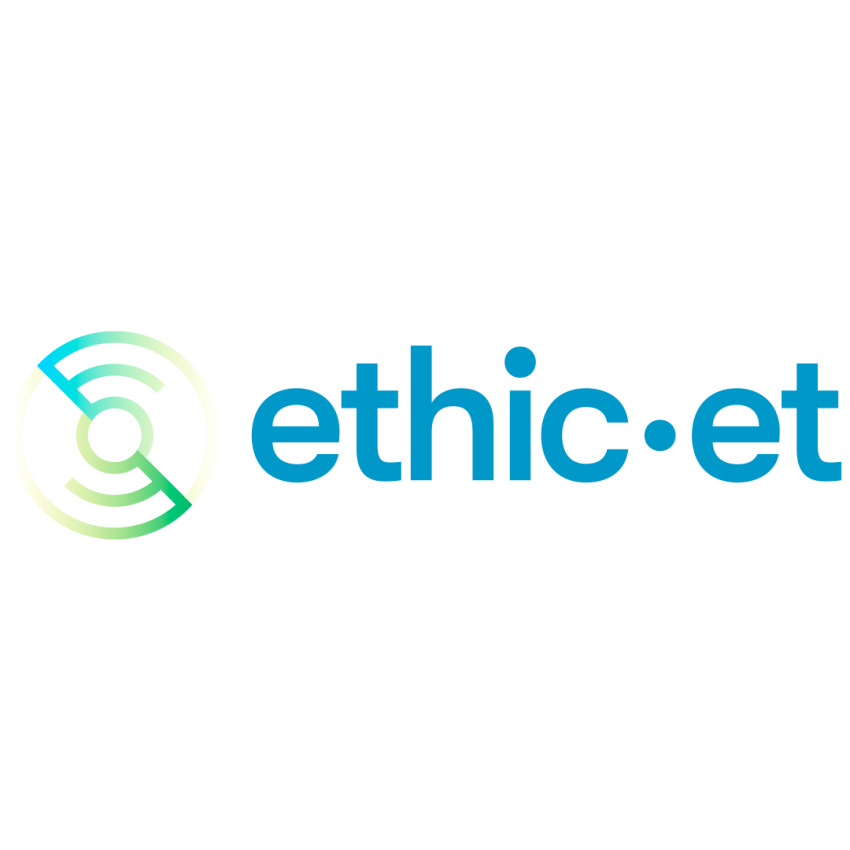
Sustainability
Towards a sustainable production
Circular economy
At the heart of our corporate vision is our commitment to a circular economy, an innovative and responsible approach that permeates every stage of our production. We are aware of the textile industry's environmental impact and are committed to minimise our negative contribution by adopting circular economy practices and recycling waste materials with our thermal insulating board project (find out more below). We also promote the durability and longevity of our products by encouraging their final recycling. Collaboration with suppliers and partners with shared values is crucial in creating the production cycle, demonstrating that it is possible to combine yarn quality with a reduced environmental footprint.
Aware of the critical issues in the textile industry, with the intention to contribute in improving the supply chain, we have invested in a series of research projects that have enabled us to develop our SUSTAINABILITY PROJECTS.
Energetically independent
Our dedication to a sustainable future is manifested through the adoption of renewable energy, with photovoltaic panels playing a central role in our environmental efforts.
Strategically located on our premises, these solar panels allow us to generate clean energy efficiently. In addition, we have installed a heat pump system in all our offices, an efficient and environmentally friendly solution that uses solar energy to provide us with even heating in the winter and excellent cooling in the summer, saving us 80 per cent of CO2.
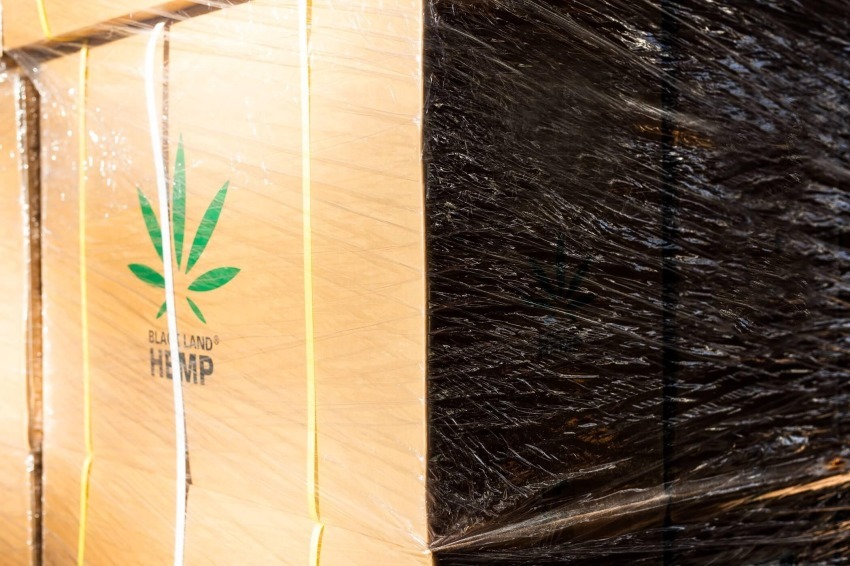
Use of natural and renewable raw materials
Natural fibres of vegetable origin such as FLAX, HEMP, COTTON, JUTE, BAMBOO, NETTLE, are always highly requested in the summer clothing sector due to their freshness and breathability. These vegetable fibres are naturally offered already dyed in shades ranging from white to beige, hazelnut to rust, and various shades of browns and greys. Taking advantage of this opportunity and making a careful selection of colours, we have created a series of summer yarns that allow us to produce fabrics that are already coloured without having to dye them, achieving considerable savings in water, electricity and polluting chemicals, thus contributing to environmental sustainability, energy saving and also improving health, because the total absence of chemicals makes the fabric antimicrobial and anti-allergic.
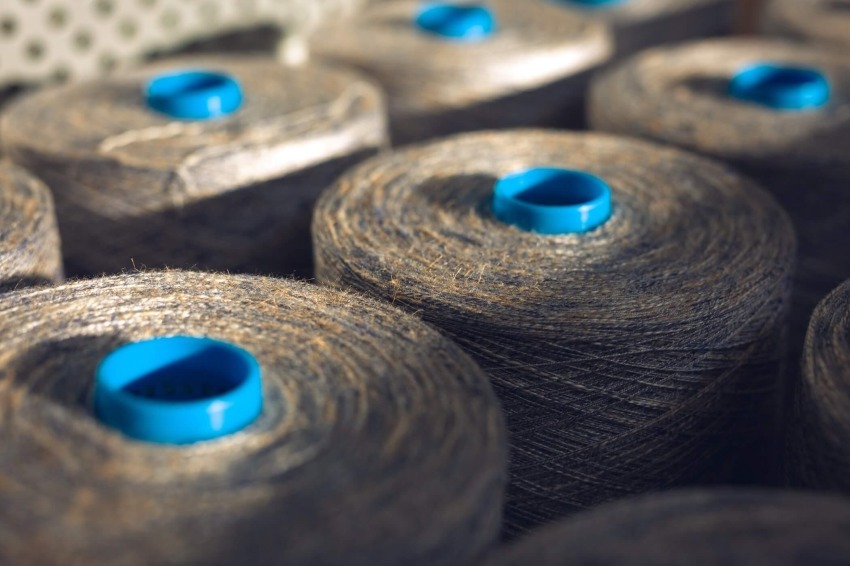
Waste handling
Waste from production processes that cannot be reused in spinning does not become waste but is reused to produce an interesting range of natural thermal insulators for green building, designed and patented by the company, such as natural insulation panels made of sheep's wool and hemp fibre.Eco Vero viscose
We have been carrying out a revolution in our viscose products for quite some time. Within the next year, we plan to entirely replace normal viscose on the market with LENZING™ ECOVERO™ fibres, and this will soon apply to all our products. The characteristics and advantages of these ecological fibres are numerous: they are obtained from renewable and certified wood sources in an ecologically responsible production process in accordance with high environmental standards. Therefore, LENZING™ ECOVERO™ fibres contribute to a sustainable lifestyle and a clean environment and are certified with the EU Ecolabel.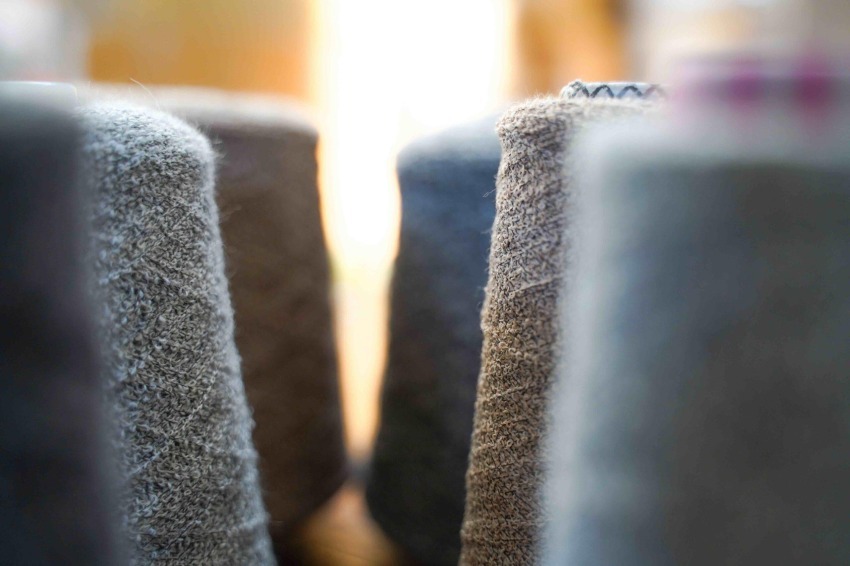

Certifications
We can provide GOTS certification in certain types of yarns, an international label certifying the sustainability and social responsibility of organic yarn producers.
By next year we plan to replace our wool entirely with RWS-certified wool. This label, thanks to the contribution of farmers, animal welfare and land conservation experts, guarantees and certifies precisely ethical and animal-friendly farming and well-maintained pastures.
GRS certification, on the other hand, is intended to certify to consumers the presence of recycled materials in the products they buy. All our GRS-labelled yarns are composed of at least 50 per cent recycled fibres.
Our products are part of the ‘Textile and Health Association’ project supported by the Italian Ministry of Health and certified in Europe as Ethic.et to guarantee our customers a certification system that evaluates the production process and to confirm the absence of harmful substances.
Davifil also complies with the REACH regulation, which monitors chemical substances and how they are used in the textile supply chain.



